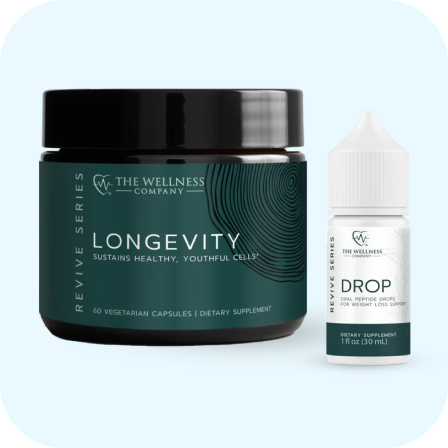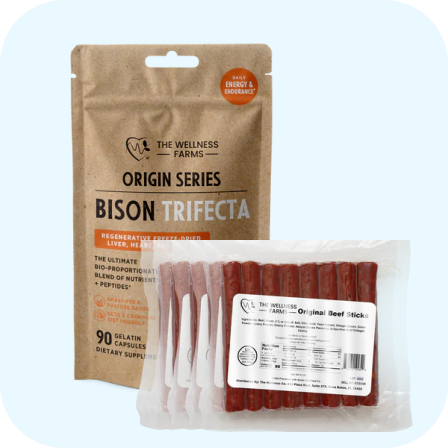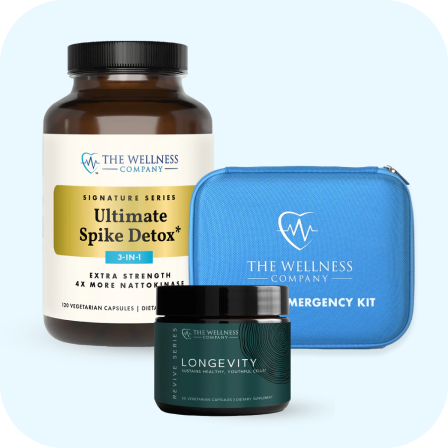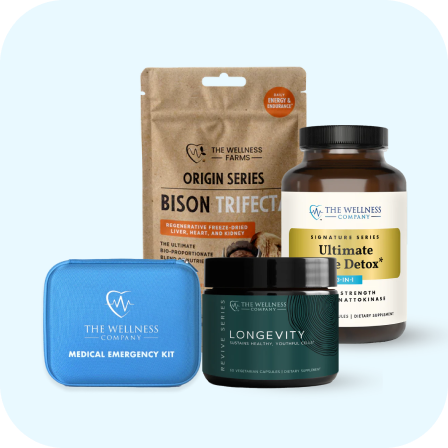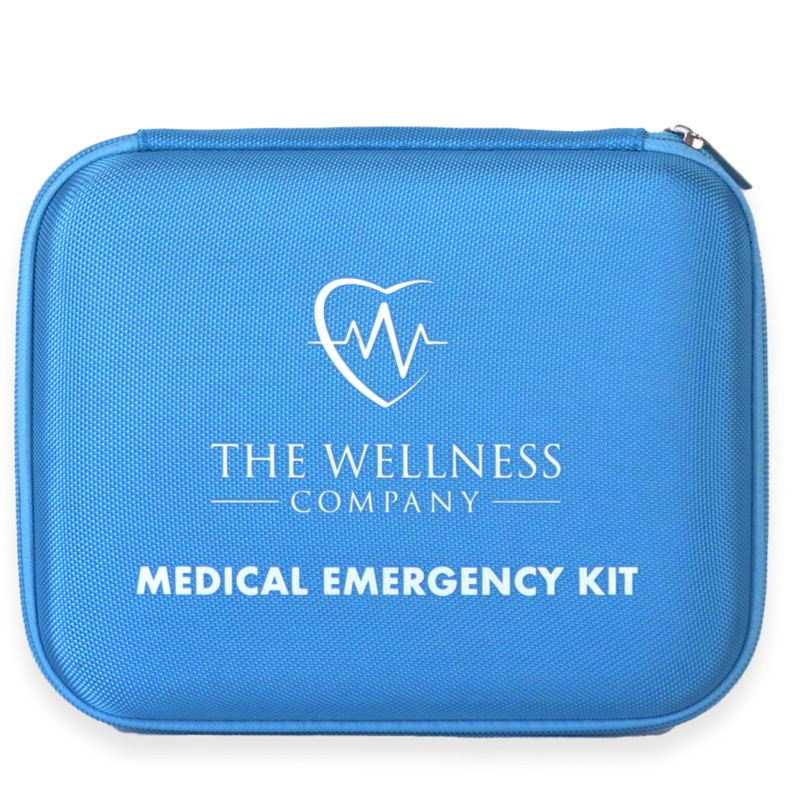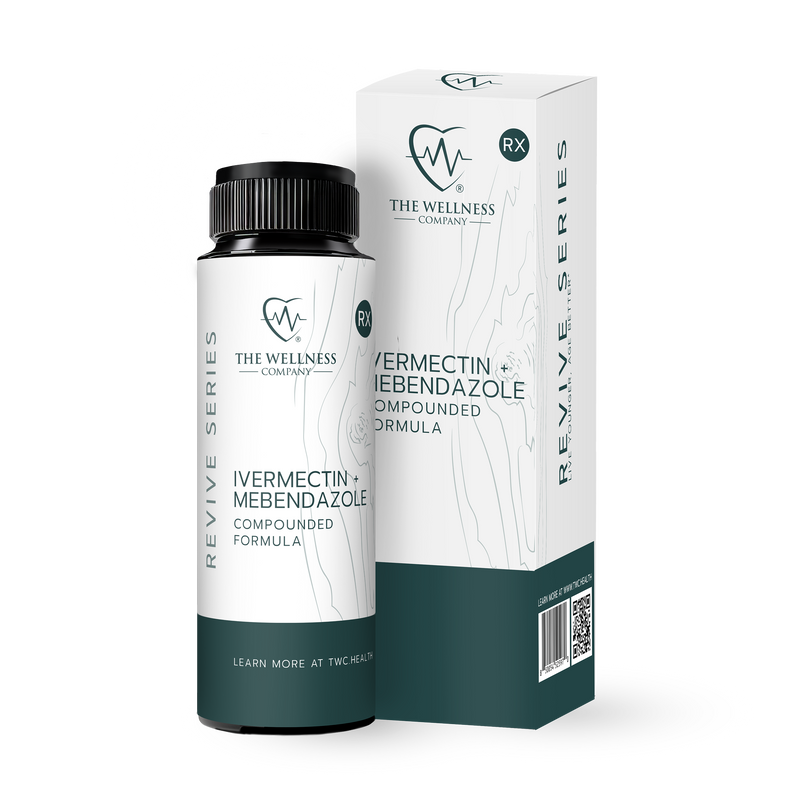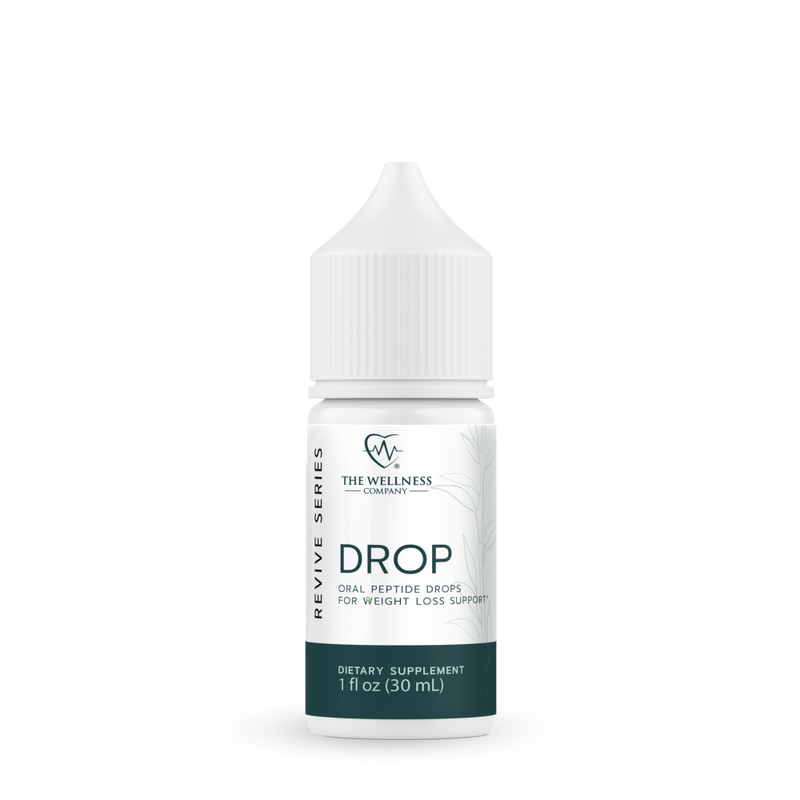Seed Oils Exposed: The Hidden Truth Behind Your Cooking Oil

Introduced in 1911 by Proctor &Gamble, Crisco (name derived from “crystallized cottonseed oil) was branded as a cleaner, healthier, and more economical alternative to lard.
Housewives embraced this new, “improved” way of making everything from pie crusts to deep frying their chicken. This was the advent of seed oils transitioning from a lubricant for machinery and an alternative to lard for soap-making, to mainstream acceptance of it as a food source. (1)
Seed oils, also called industrial seed oils, are a particular category of vegetable oils that are derived from seeds.
Endorsed by the American Heart Association in 1961 as a source of polyunsaturated fats (mostly sourced from seed oils) as heart healthy, the organization at the same time told Americans to reduce their intake of saturated fats. The AHA had received significant funding from Proctor& Gamble, the manufacturer of Crisco. Many believe this funding turned a relatively small organization, which the AHA was at the time into a political and public health powerhouse, capable of influencing public health policy that we know of to this day. (2)
This created a group of poorly informed but well-intentioned healthcare professionals touting the benefits of plant-based oils over animal-sourced fats.
We now know that this isn’t true, in fact, the opposite is true. Seed oils cause more harm than good.

What are seed oils and how do they affect health?
Seed oils are vegetable oils extracted from various seeds. Common examples include:
- Soybean oil
- Canola oil (to meet FDA nutritional guidelines for infant formula for essential fatty acids, canola oil is used in many infant formulas)
- Corn oil
- Sunflower oil
- Safflower oil
- Cottonseed oil
High in omega-6 fatty acids: Seed oils are very high in omega-6 polyunsaturated fatty acids, particularly linoleic acid. While some omega-6 is essential, excessive consumption can lead to an imbalanced omega-6 to omega-3 ratio, which may promote inflammation in the body, which is linked to heart disease and diabetes, insulin resistance, gene dysregulation, increased amyloid plaques in the brain, potentially contributing to Alzheimer’s disease. (3)
Omega 6 fatty acids do have their health benefits

Omega-6 fatty acids do have a valuable role in maintaining health- in moderation. Omega-6 fatty acids are essential for various bodily functions, including growth and development, brain function, skin and hair health, bone health, metabolic function, and immune system support. However, the key is moderation. (4)
Omega 3 fatty acids are known for their anti-inflammatory, health-promoting benefits.
Omega-3 fatty acids are polyunsaturated fats that are essential for brain development, cognitive function, and mood regulation, have anti-inflammatory properties, aid in lowering triglycerides, and are important for eye health. They are needed to build cell membranes throughout the body and affect the function of the cell receptors in these membranes.
They also provide the starting point for making hormones that regulate blood clotting, contraction and relaxation of artery walls, and inflammation. Due to these effects, omega-3 fats, especially from krill oil can help prevent heart disease and stroke, may help control lupus, eczema, and rheumatoid arthritis, and may play protective roles in cancer and other conditions.
Some examples of omega-3 fatty acid-containing foods are: salmon, mackerel, herring, sardines, tuna, krill oil, chia seeds, flax seeds, avocado, and olive oil (5,6)
It’s all about balance and ratios
Omega 3 and omega 6 fatty acids are called essential fatty acids because you must get them from dietary sources. Your body doesn’t manufacture them.
Before the advent of Crisco and other seed oils that hit the market (In the United States, the consumption of soybean oil alone has grown 1,000-fold since 1909) the ratio of omega 6 to omega 3 fatty acid was 1:1. The recommended ratio is 1:1 to 4:1 (7)
The average American diet contains up to 16 times more omega-6 than omega-3 fatty acids due to the high consumption of seed oils. (8)
This has allowed omega-6 fatty acids to dominate, leading to an explosion in many diseases, especially inflammatory diseases.
Our modern way of life can make it challenging, almost impossible to attain the recommended ratio of omega 3 to 6 fatty acids. With diligence and a bit of planning, it can be done. One easy way to start balancing the ratios is to read packaged food labels and avoid seed oils. You can also start using avocado and olive oil in its place to cook with. It is important to avoid overheating the oil as that can cause a breakdown of the oil and lead to oxidation. Breakdown of nutrients can produce harmful compounds such as acrolein, which is a toxic substance that can contribute to cardiovascular disease. (9)
The Wellness Company has sourced the highest quality krill oil Endorsed by the Chief Medical Board, we bring you krill oil that can help you improve your health and balance the omega 6 to 3 ratio.
Krill-Sourced Fish Oil and Omega-3
Krill oil is rich in omega-3 fatty acids, particularly eicosapentaenoic acid (EPA) and docosahexaenoic acid (DHA), and contains phospholipids and the antioxidant astaxanthin, which may enhance its health benefits.
Phospholipids, particularly those found in krill oil, contain omega-3 fatty acids (EPA and DHA) that are bound to phospholipids, enhancing their absorption and effectiveness. This can help balance the omega-6 to omega-3 ratio, reducing inflammation and supporting overall health.
Heart Health
Omega-3 Content: Krill oil is rich in EPA and DHA, which are known to support heart health by reducing triglycerides, lowering blood pressure, and decreasing the risk of heart disease. Studies have shown that omega-3s from krill oil can help reduce inflammation and improve lipid profiles,
Phospholipids found in krill oil can also help reduce cholesterol levels and improve lipid profiles. and can help prevent the buildup of cholesterol in the arteries.
Brain function
Krill oil's DHA content can help maintain brain health and improve mental clarity memory, learning, and mood regulation, support cognitive function, and maintain brain health. In addition, the phospholipids play a role in neurotransmitter function.
A gatekeeper for nutrients and waste products
Phospholipids are essential for maintaining the structural integrity and fluidity of cell membranes. They help create a semipermeable membrane that controls the entry and exit of nutrients, waste products, and other molecules
Aids in liver detoxification
Phospholipids, especially phosphatidylcholine, are important for liver function. They help in the metabolism of fats and cholesterol and support liver detoxification processes.
Digestive Health:
Phospholipids are a key component of bile, which is necessary for the digestion and absorption of dietary fats. They help emulsify fats, making them easier to digest and absorb. (10,11)
The recommended omega-6 to omega-3 ratio for a healthy diet is generally no greater than 4:1, with an optimal ratio being closer to 1:1.
Did you know that grain-fed beef has an omega 6 to 3 fatty acid profile? Averaging 7.53:1
Grass-fed and finished meat is more in line with the recommended ratio of up to 4:1 or lower with an average ratio of 1.53:1. (12)
With a balanced omega fatty acid profile, Origin Brand Bison Heart packs a powerful punch of energy and body-building nutrients to assist you on your wellness journey. These capsules are a great go-to when on the road. They are also a great way to get minerals, vitamins, and the antioxidant CoQ10 to keep you energized and healthy.
A clean and pure protein source, rich in health-promoting vitamins and minerals. Natural bison heart supplements offer a rich source of nutrients, including iron, zinc, B vitamins, and protein, promoting cardiovascular health, enhancing energy levels, and supporting muscle function. (13)
Citations
- Crisco retrieved June 25, 2024: https://crisco.com/our-heritage/
- Teicholz N. A short history of saturated fat: the making and unmaking of a scientific consensus. Curr Opin Endocrinol Diabetes Obes. 2023 Feb 1;30(1):65-71. doi: 10.1097/MED.0000000000000791. Epub 2022 Dec 8. PMID: 36477384; PMCID: PMC9794145.
- https://www.healthline.com/nutrition/are-vegetable-and-seed-oils-bad#omega-6
- Djuricic, I., & Calder, P. C. (2021). Beneficial Outcomes of Omega-6 and Omega-3 Polyunsaturated Fatty Acids on Human Health: An Update for 2021. Nutrients, 13(7), 2421. https://doi.org/10.3390/nu13072421
- https://nutritionsource.hsph.harvard.edu/what-should-you-eat/fats-and-cholesterol/types-of-fat/omega-3-fats/
- https://health.clevelandclinic.org/krill-oil-vs-fish-oil
- Blasbalg TL, Hibbeln JR, Ramsden CE, Majchrzak SF, Rawlings RR. Changes in consumption of omega-3 and omega-6 fatty acids in the United States during the 20th century. Am J Clin Nutr. 2011 May;93(5):950-62. doi: 10.3945/ajcn.110.006643. Epub 2011 Mar 2. PMID: 21367944; PMCID: PMC3076650.
- Simopoulos, A. P. (2002). The importance of the ratio of omega-6/omega-3 essential fatty acids. Biomedicine & Pharmacotherapy, 56(8), 365-379. https://doi.org/10.1016/S0753-3322(02)00253-6
- AMS Cardiology. (n.d.). Best & Worst Cooking Oils For Your Heart. Retrieved June 24, 2024, from https://amscardiology.com/best-and-worst-cooking-oils-for-your-heart/
- Cleveland Clinic. (2021). A Look at Krill Oil's Benefits. https://health.clevelandclinic.org/krill-oil-vs-fish-oil Healthline. (2023). Krill Oil: Benefits, When to Take, and More.
- https://www.healthline.com/health/nutrition/expert-answers-krill-oil WebMD. (2022). Health Benefits of Krill Oil. https://www.webmd.com/diet/health-benefits-krill-oil
- Daley CA, Abbott A, Doyle PS, Nader GA, Larson S. A review of fatty acid profiles and antioxidant content in grass-fed and grain-fed beef. Nutr J. 2010 Mar 10;9:10. doi: 10.1186/1475-2891-9-10. PMID: 20219103; PMCID: PMC2846864.
- https://fdc.nal.usda.gov/fdc-app.html#/food-details/175293/nutrients








